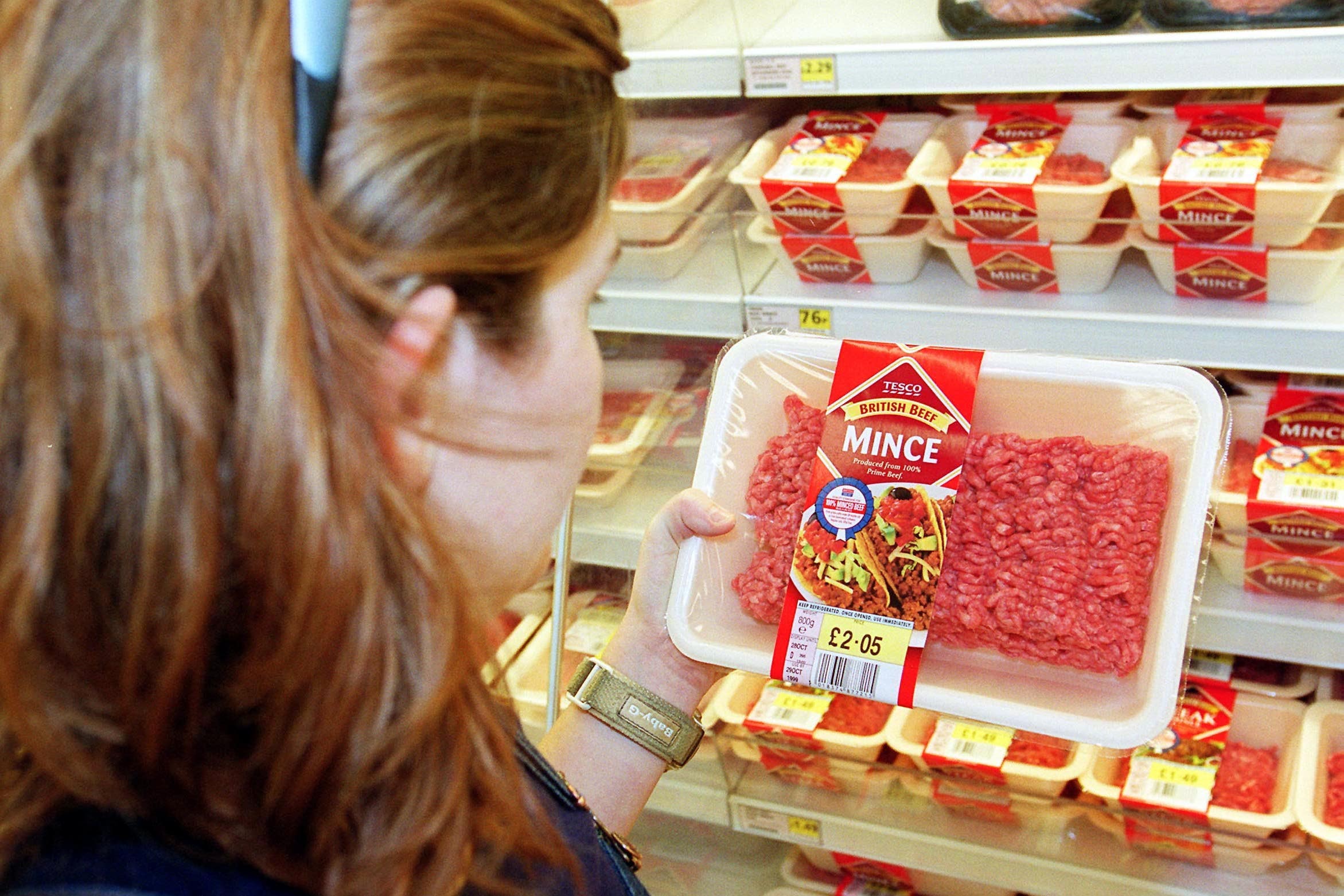Food labels to help consumers buy ‘high quality’ British products under plans
Environment Secretary Steve Barclay said the plans would not only help shoppers but ensure British farmers received the ‘recognition they deserve’.

Your support helps us to tell the story
From reproductive rights to climate change to Big Tech, The Independent is on the ground when the story is developing. Whether it's investigating the financials of Elon Musk's pro-Trump PAC or producing our latest documentary, 'The A Word', which shines a light on the American women fighting for reproductive rights, we know how important it is to parse out the facts from the messaging.
At such a critical moment in US history, we need reporters on the ground. Your donation allows us to keep sending journalists to speak to both sides of the story.
The Independent is trusted by Americans across the entire political spectrum. And unlike many other quality news outlets, we choose not to lock Americans out of our reporting and analysis with paywalls. We believe quality journalism should be available to everyone, paid for by those who can afford it.
Your support makes all the difference.Food labels will be made clearer to help consumers buy “high quality” British food under Government plans.
Labelling will be more transparent about a product’s country of origin, while pork, chicken and eggs will require “method of production” information on their packaging to help consumers make buying decisions that “align with their values”, the Department for Environment, Food and Rural Affairs (Defra) said.
Environment Secretary Steve Barclay said the plans would not only help shoppers, but ensure British farmers received the “recognition they deserve”.
A consultation, first announced at the Oxford Farming Conference in January, will consider how to improve country-of-origin labelling for certain goods, including how and where this information is displayed and what products should be included.
Giving the example of imported pork cured into bacon in the UK, and therefore able to feature a Union Jack on its label, Defra said the consultation would explore ways to make it more obvious to consumers that the pig was reared abroad, such as increasing the size of the country-of-origin text, or placing it on the front of the packet.
Under the proposals, pork, chicken and eggs packaging would include a mandatory five-tier label for both domestic and imported products which would differentiate between those that fall below, meet or exceed baseline UK animal welfare regulations.
Mr Barclay said: “This Government backs British farmers, who work hard to produce food to world-leading standards and maintain our nation’s food security. British consumers want to buy their produce, but too often products made to lower standards abroad aren’t clearly labelled to tell them apart.
“That is why I want to make labelling showing where and how food is produced fairer and easier to understand – empowering consumers to make informed choices and rewarding our British farmers for producing high-quality, high-welfare food.”
Fidelity Weston, chairwoman of the Consortium of Labelling for the Environment, Animal Welfare and Regenerative Farming, said: “We are looking forward to the opportunity to comment on Defra’s proposed food labelling consultation and we are glad to see that progress to help the consumer understand more about how and where their food has been produced is beginning to be considered.
“We in the UK have some of the highest farming standards, producing quality food products. That needs to be recognised in the marketplace. To achieve this, we need a clear definition of the many terms used to describe the method of production, and transparency and honest data about how the food was produced on the farm, and right through to the end product.”
The consultation will run until May 7.